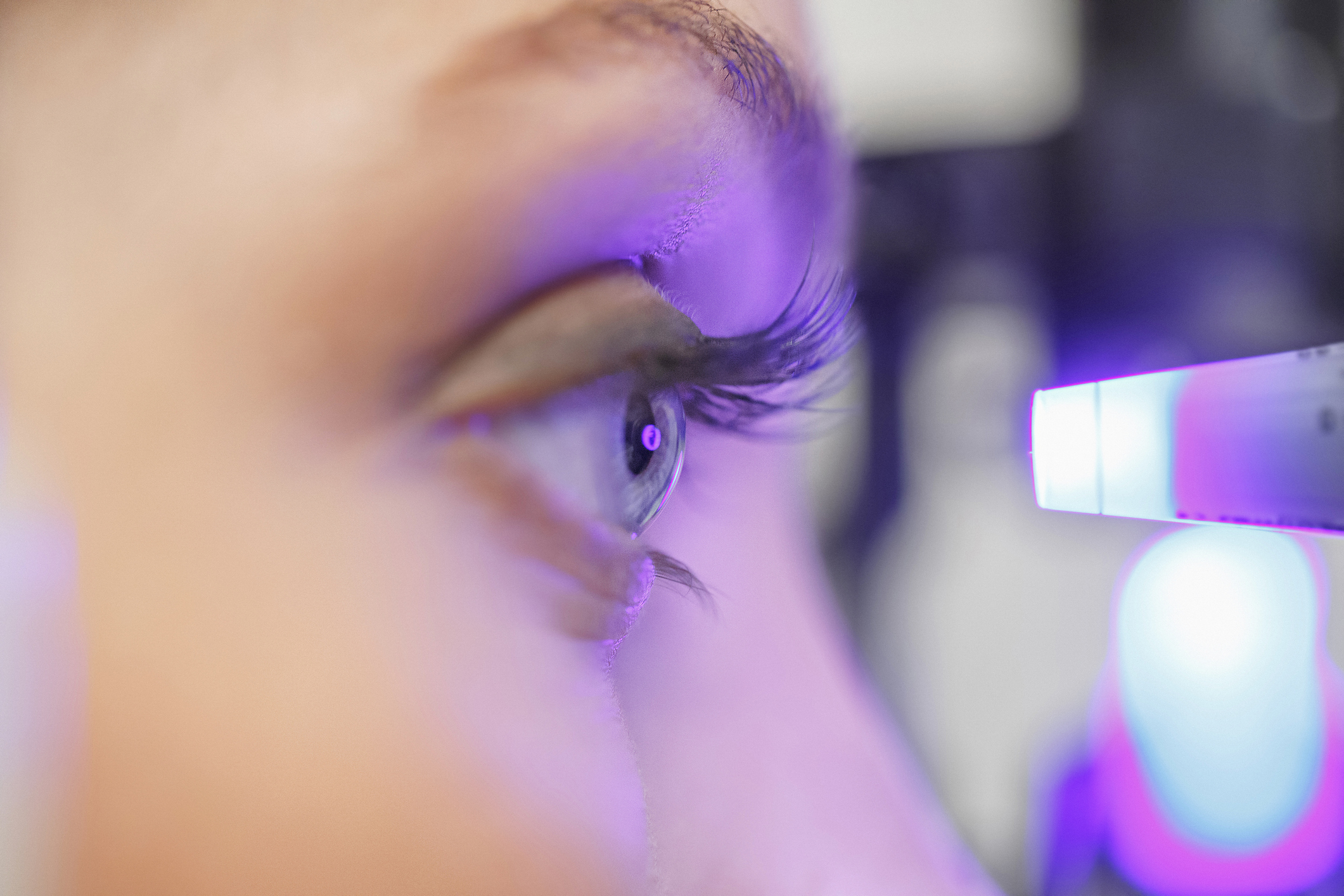Liquid Biopsy for Early Detection of Eye Cancers
Introduction
In the landscape of ocular health, the detection of eye cancers at their incipient stages is vital for effective management and preserving visual function. Conventional diagnostic modalities often necessitate invasive procedures, underscoring the need for less invasive alternatives. Liquid biopsy, an innovative technique gaining prominence in oncology, holds promise in revolutionizing the early detection of eye cancers. This article delves into the intricate workings of liquid biopsy, its potential applications, and the transformative impact it could have on the diagnosis and management of ocular malignancies.
Understanding the Complexity of Eye Cancers
Eye cancers encompass a spectrum of malignancies that originate from ocular tissues, including the retina, uvea, conjunctiva, and eyelids. These cancers may manifest with diverse symptoms such as visual disturbances, ocular pain, abnormal growths, or changes in eye appearance. The rarity of eye cancers and their varied presentations often pose challenges in timely diagnosis, leading to delayed intervention and potentially compromised outcomes. Recognizing the nuances of ocular tumors and the imperative for early detection lays the foundation for exploring novel diagnostic approaches like liquid biopsy.
Demystifying Liquid Biopsy
Liquid biopsy represents a paradigm shift in cancer diagnostics, offering a minimally invasive means of interrogating tumor biology. Unlike conventional biopsies that entail invasive tissue sampling, liquid biopsy harnesses the power of circulating biomarkers present in bodily fluids such as blood or aqueous humor. These biomarkers, including circulating tumor cells (CTCs), cell-free DNA (cfDNA), microRNAs, and exosomes, bear molecular signatures indicative of tumor presence, characteristics, and response to therapy. By scrutinizing these circulating elements, liquid biopsy provides a window into the molecular landscape of cancer with unprecedented precision and accessibility.
Applications of Liquid Biopsy in Eye Cancer Detection
The potential applications of liquid biopsy in detecting and monitoring eye cancers are multifaceted:
- Early Detection: Liquid biopsy holds promise in identifying ocular malignancies at their nascent stages, facilitating timely intervention and potentially curbing disease progression.
- Molecular Profiling: By analyzing genetic mutations, chromosomal aberrations, and epigenetic modifications in circulating biomarkers, liquid biopsy offers insights into the molecular underpinnings of eye cancers, guiding treatment selection and prognostication.
- Monitoring Treatment Response: Serial analysis of circulating biomarkers enables real-time monitoring of tumor dynamics and response to therapy, facilitating adaptive treatment strategies and minimizing therapeutic resistance.
- Prognostication and Risk Assessment: Liquid biopsy may aid in stratifying patients based on their tumor molecular profiles, enabling personalized risk assessment and prognostication.
Challenges and Considerations
Despite its promise, several challenges must be addressed to fully realize the potential of liquid biopsy in ocular oncology:
- Sensitivity and Specificity: Achieving optimal sensitivity and specificity in detecting ocular biomarkers remains a primary hurdle, necessitating refinement of assay technologies and validation in diverse patient cohorts.
- Standardization of Protocols: Establishing standardized protocols for sample collection, processing, and analysis is crucial to ensure reproducibility and comparability of results across different laboratories and settings.
- Cost-effectiveness and Accessibility: The affordability and accessibility of liquid biopsy assays pose significant barriers, particularly in resource-limited settings or for patients without adequate insurance coverage.
Conclusion
Liquid biopsy stands poised as a transformative tool in the early detection and management of eye cancers, offering a glimpse into the molecular intricacies of ocular malignancies with unprecedented precision. While challenges persist, ongoing research efforts hold the promise of overcoming these obstacles and ushering in a new era of personalized ocular oncology. By harnessing the power of liquid biopsy, clinicians may unlock invaluable insights into tumor biology, refine therapeutic approaches, and ultimately improve outcomes for patients grappling with the complexities of eye cancers.
World Eye Care Foundation’s eyecare.live brings you the latest information from various industry sources and experts in eye health and vision care. Please consult with your eye care provider for more general information and specific eye conditions. We do not provide any medical advice, suggestions or recommendations in any health conditions.
Commonly Asked Questions
Liquid biopsy offers a less invasive alternative to traditional biopsies, utilizing circulating biomarkers in bodily fluids for cancer detection.
Liquid biopsy can potentially detect various types of eye cancers, including retinoblastoma, uveal melanoma, and ocular lymphoma.
While liquid biopsy shows promise for early detection, its efficacy in advanced stages of eye cancer is still under investigation.
Liquid biopsy is minimally invasive, offers real-time monitoring of tumor dynamics, and provides insights into tumor molecular profiles for personalized treatment.
Liquid biopsy is generally considered safe, with minimal risks compared to invasive procedures. However, patients may experience mild discomfort during blood collection.
Liquid biopsy may help stratify patients based on their tumor molecular profiles, providing insights into prognosis and guiding treatment decisions.
The accuracy of liquid biopsy depends on factors such as assay sensitivity, specificity, and the presence of detectable biomarkers in circulation.
Coverage for liquid biopsy may vary depending on individual insurance plans and healthcare providers. Patients are advised to consult with their insurance companies for specific details.
Ongoing research focuses on refining liquid biopsy technologies, validating biomarkers, and exploring its applications in ocular oncology clinical practice.
Patients interested in undergoing liquid biopsy for eye cancer detection should consult with their healthcare providers to determine eligibility and access options available in their region.
news via inbox
Subscribe here to get latest updates !







